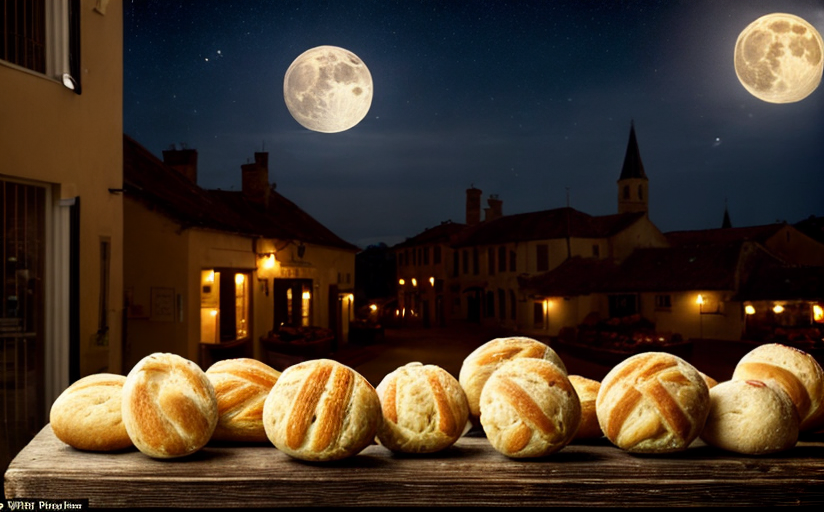The Moon's Cycle and Its Potential Effects On Fermentation and Baking
An Examination of Lunar Phases and Their Impact on Baking and Fermentation
Humans have remained fascinated by the moon and its rhythms, particularly bakers and fermenters who have long adhered to lunar cycle baking traditions. This article aims to delve into the science behind the moon's cycle, its potential effects on processes like fermentation and baking, and the theories previously put forth on this subject. We also explore if these lunar impacts could enhance the quality of baked products.
The Lunar Phases and Their Importance
The moon's cycle is comprised of a series of phases that are determined by its relative position to the sun and the Earth. The primary stages are: new moon, waxing crescent, first quarter, waxing gibbous, full moon, waning gibbous, third quarter, and waning crescent. Each of these stages could theoretically have different impacts on baking and fermentation processes.
Previous Lunar Research and Findings
Research into this intriguing subject has produced varied results. Some findings suggest that the pull of the moon's gravity could influence fermentation, affecting the yeast's ability to convert sugars into alcohol and carbon dioxide. This has led some to theorize that certain phases of the lunar cycle might be more conducive to fermentation than others. However, it’s worth noting that these studies are not definitive, and more substantial scientific evidence is necessary to validate these claims.
The Moon's Potential Effects on Baking and Fermentation
Fermentation is a crucial process in baking, particularly in bread-making. This process is primarily driven by yeast, which are sensitive microorganisms responsive to environmental changes. Given that the moon's gravitational pull influences tidal movements and growth patterns in many organisms, it is conceivable, though not yet definitively proven, that lunar phases have some impact on yeast activity, and therefore, fermentation and baking.
Practical Implications for Bakers
If verified, this lunar influence could have exciting implications for both professional and home bakers, who could potentially optimize their results by aligning their baking processes with specific lunar phases. For instance, baking during a certain moon phase could potentially enhance the taste, texture, or overall quality of baked goods.
How Lunar Cycles could be Implemented into Baking
Those looking to experiment can follow the lunar calendar, tailoring their baking and fermentation activities to align with different moon phases. Whether this actually results in a significant improvement in their baking will require careful observation and, of course, a healthy dose of skepticism.
Conclusion
While the link between lunar stages and the chemistry of baking and fermentation is far from being scientifically established, it provides a captivating intersection of astronomy and gastronomy. Regardless of the veracity of these concepts, aligning baking practices with lunar phases adds a touch of ancient tradition and a sense of connection to the natural rhythms of the cosmos that can make baking an even more fulfilling experience.

















Comments
Leave a Comment